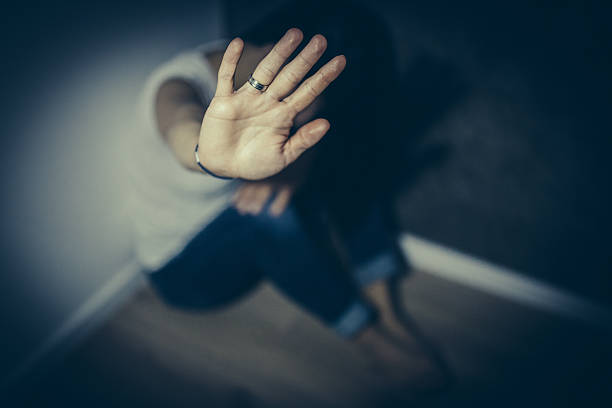All love affairs begin with that connection laughter, those late-night conversations, or even just that feeling of being there for one another. Friendships tend to be the building block of romance, and when they falter, love can gradually diminish as well. The frightening thing? Oftentimes, relationships do not end with an explosive argument, they gradually fall apart over time.
Unlike friendships, where busy lifestyles or distance are clear reasons why people drift apart, romantic relationships tend to hide deterioration under routine, family bonds, or simply the responsibility of cohabiting. The telltale signs are insidious, but if not noticed, the emotional distance can widen to a wall.
Table of Contents
Why Do Relationships Break Down?
The top reason couples fail is the loss of emotional intimacy. Friendships can be lost because of distance or incompatible priorities, but couples have a deeper battle. Attachment styles contribute a great deal to this:
- Avoidant partners withdraw and don’t want to get close.
- Anxious partners push the other person more for attention, creating a hurtful push-and-pull dynamic.
With time, stress, parenting, health problems, or significant life changes can speed up this drift.
In the modern digital age, online dating is an added component. Pew Research (2023) discovered that almost 30% of American adults have attempted dating apps, whereas in the UK, Tinder, Bumble, and Hinge, among other sites, are viewed by millions each month. The apps ignite sparks at lightning speed but can also lead couples down vulnerable expectations, unmet expectations, and emotional exhaustion.
Warning Signs of a Fading Relationship
Identifying the warning signs will spare you years of bewilderment or emotional burnout. Be on the lookout for:
- No emotional check-ins – Communications are like to-do lists, not intimate conversations.
- Diminishing intimacy – Physical touch and affection diminish without addressing it.
- Postponed plans – Quality time is always put off or evaded.
- Secrets or remoteness – Concealing feelings or significant life milestones becomes common.
These indications reflect dying friendships, yet the ache goes deeper in long-term relationships because the stakes are higher.
The Cost of Holding On Too Long
Hanging in there in a relationship where only one effort is made can harm your mental wellness, self-worth, and emotional strength. Studies indicate prolonged uncertainty in relationships raises stress and decreases overall well-being.
Expecting things to “just get better” usually leaves you trapped in guilt, denial, and emotional burnout.
What To Do When You Feel the Relationship Fading
The bad news? You don’t have to do anything. The good news? You do have choices. Some can rekindle the flame, while others introduce healthy endings:
1. Initiate a truthful conversation – Explain your feelings openly: “I miss how close we were.”
2. Attempt couples therapy or coaching – An impartial facilitator can reconnect or specify what’s wrong.
3. Rediscover boundaries and expectations – Perhaps the relationship calls for fresh space or equilibrium.
4. Step back and draw boundaries – If effort doesn’t pay off, know when to release.
Remember: releasing is not weakness it’s self-love. When a relationship ends, its worthiness isn’t lost. Rather, it offers the opportunity for new beginnings, self-discovery, and better love.

Final Thoughts
Love is not still; it evolves, changes, and in some cases, withers away. Seeing that the intimacy is now uneasy distance is not failure but a turning point.
No matter how you choose to heal, redefine, or release the relationship, ultimately the most important thing is taking care of your clarity, dignity, and emotional well-being.
Sometimes the boldest move isn’t clinging more tightly, it’s making room for love that’s feeling mutual, authentic, and vibrant.


